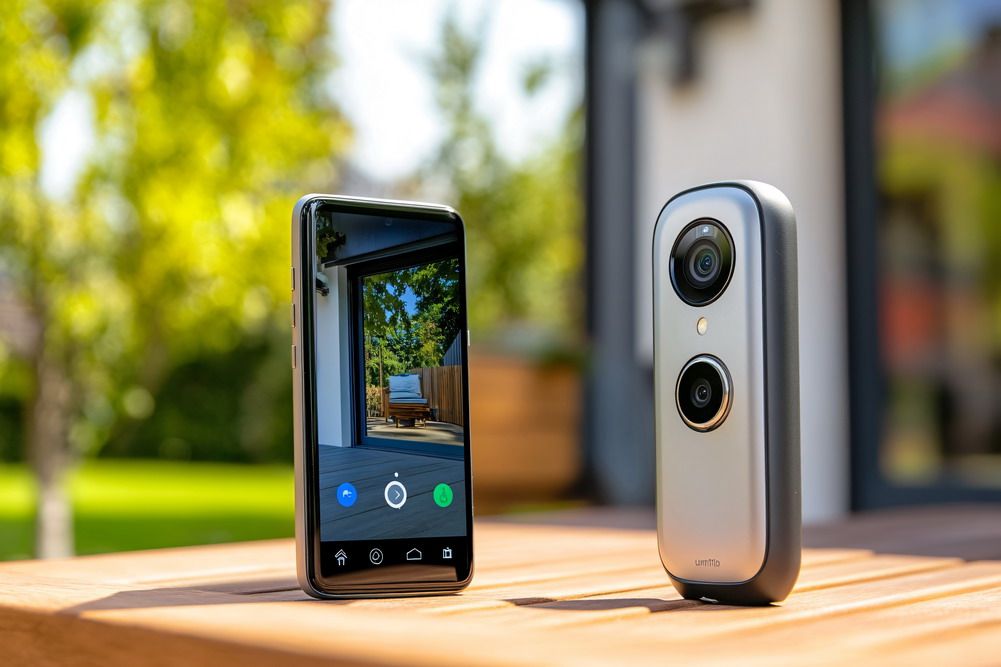Whether you’re living in a house or apartment, a generator can keep your home running with full power even if the main power grid got cut off. You won’t have to be cold during the winter without a heater, and you won’t need to bear the heat of summer if you need the air conditioner running. Also, you can rest assured that your delicate/perishable items won’t get ruined if you lose power. But a lot of people don’t know the extent of a generator’s capabilities for your appliances. Read on if you want to learn more about which household equipment your generator can keep running during a power outage.

Choosing a Generator for Your Home
Generators are convenient machines that are designed to convert mechanical, chemical, or motion power into electrical power. The adverse outcomes of a power outage can be detrimental in various ways to our appliances, items, and the quality of our lives at home. This is why investing in a decent 5500 or 6500-watt generator can be the answer to your problems if you live in an area that is prone to power cuts.
You can choose between diesel, solar, natural gas, inverter, or gasoline generators. The choice depends on your budget, home size, and the features that come with the machine. However, you need to make sure that the generator has enough wattage power to keep your essential appliances running.
Our picks for the best Generac generators on https://billious.com/best-

Check Wattage Tags
You need to check the wattage tags for all your appliances and devices to understand how much wattage they need to operate. Determining the number of kilowatts your appliances need can be a little tricky, but it’s necessary to make sure that your devices don’t get damaged. Advice from the reviewers and electrical engineers at Generator Grid suggests that you should always research the type of generator you need, the wattage it provides. Finally, calculate the number of kilowatts needed for your appliances.
When you power up your generator during an outage, you should be aware that the wattage would be different from the main power grid. Some appliances need a specific calculation to make sure it works normally for you. Remember to check the label for each appliance, calculate the wattage by dividing it by 1000 to determine the kilowatts needed.

The Difference between Steady-State Wattage and Surge wattage
Every homeowner should understand the difference between the steady-state wattage and surge wattage that your generator can provide. You need to understand the power needs of all your appliances because some of them might need both to work properly. Just remember that appliances that are powered by motors need extra start-up wattage at the start for surge power and then steady running wattage after.
For example, your computer would need a start-up surge wattage of 600 watts first to turn on and then 400 watts later while it’s running for you. Also, it’s worth noting down how many devices like these will you need running. You need a specific generator that can pull this off for you with ease after a power outage.

List of Household Appliances and Equipment That Can Run With Your Generator
Here is a list of some of the most essential household appliances and equipment that can run easily with your generator. Just remember that some of them need specific wattage, and it depends on the appliance’s size. You need to make sure you do it right to avoid any damages:

- Refrigerator and Freezer: Your kitchen appliances include your refrigerator and freezer that require a running wattage of 700 to 750 watts and a start-up surge wattage of 2000 to 2100 watts. Keep in mind that your fridge and freezer are designed to run at full power 5% of the time. This means that they will keep your perishable items safe and cool for a short while until your generator is set correctly and is ready to power them up.
- Microwave Ovens: You can rest assured that your microwave oven is a low-wattage appliance, and they need around 625 watts to run and around 900 to 1000 watts for surge wattage power. This item can be used with your fridge or other low-wattage appliances.
- Computers and Laptops: A computer would need around 200 to 270 watts while running, and the monitor would need another 200 watts. This is a total of 400 to 470 watts for running power, but they will need around 600 to 670 watts for the start-up surge power. A laptop only needs 50 watts, and it doesn’t need a surge of wattage power to turn on because of its relatively small size and battery.
- Cooling Fans and Air Conditioners: You need cooling fans during power cuts, especially during the summer. A small fan would need 75 watts to run and 150 watts of start-up surge power. Bigger fans could need around 240 to 350 watts as running wattage power and a surge wattage of 600 to 750. Air conditioners are high-wattage appliances that need around 3500 watts of running power and 4500 to 5000 watts of surge power.
- Water Heater: An average water heater is considered as a high-wattage appliance. You will need around 4500 to 5500 watts for both running power and start-up surge. This means that your generator will only run your water heater alone without any other appliances if it’s a 5500-watt generator.
- Television Sets: Your television sets need around 60 to 70 watts of running power and 150 to 200 surge power if they’re small. But big-screen T.Vs and projector-screen sets would need 200 to 300 watts to run and 400 watts of start-up surge power.

Owning a generator can be quite beneficial because these machines have numerous perks that are too good to pass. It would be worth every penny spent because it can make your life easier at home. You just have to make sure you have the right generator model with the correct wattage to keep your household appliances running properly.
A decent home generator will make a huge difference if there is a power outage. You don’t want anything to get damaged or work slowly, in case there is a power surge. Overall, finding the right generator for your home that is affordable and suitable for your needs can be very convenient.





